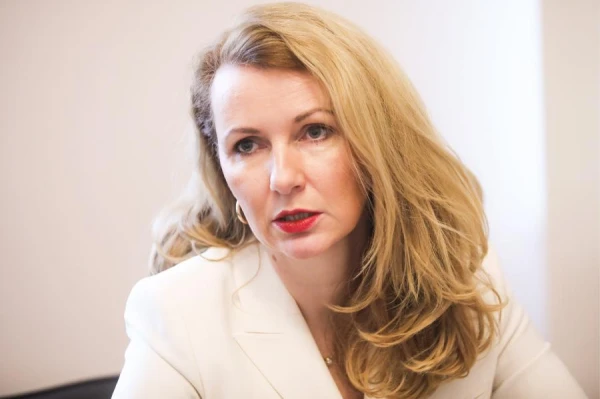
Attacks on the Istanbul Convention, initiated by the opposition and supported by the Union of Greens and Farmers (UGF), call into question the tools of the European human rights system, said Justice Minister Inese Libinā-Āgnerē ("New Unity") in an interview with TV3 on Thursday, LETA reports.
According to the politician, Latvia has always pursued a wise foreign policy and remained "in the club of Western values" to be regarded as a reliable partner. However, the initiative that emerged this autumn essentially calls into question the tools for protecting human rights in Europe, which have only been rejected by the aggressor country — Russia.
The minister reported that the Saeima received appeals from nine ambassadors urging not to question international law and not to withdraw from the Istanbul Convention. According to her, this is an unprecedented case that indicates the concern of partners.
Libinā-Āgnerē did not respond directly but implied that "New Unity" would not overthrow its own government even in the event of withdrawal from the convention with the support of the votes of the Union of Greens and Farmers.
"We do not overthrow the government and do not join a government with those who do overthrow," she reiterated a phrase already voiced by representatives of the party.
As previously reported, at the end of September, after the vote of the Union of Greens and Farmers in the Saeima for the denunciation of the Istanbul Convention, a clear crisis began in the ruling coalition. Although coalition partners promised to work on adopting a "security budget" for the next year, fewer and fewer politicians express confidence in the ability of the government of Evika Siliņa ("New Unity") to operate in the long term.
The draft resolution on withdrawal from the convention is currently in the Saeima's Foreign Affairs Committee.
In Latvia, the Council of Europe Convention on Preventing and Combating Violence Against Women and Domestic Violence, known as the Istanbul Convention, came into force on May 1 of last year. This international agreement stipulates that participating countries are obliged to develop a coordinated policy for more effective protection of women from all forms of violence, as well as men and women from domestic violence. In particular, states are required to provide comprehensive assistance and protection to victims, crisis centers, a 24-hour crisis hotline, specialized support centers for victims of sexual violence, as well as to protect and support children who have witnessed violence.

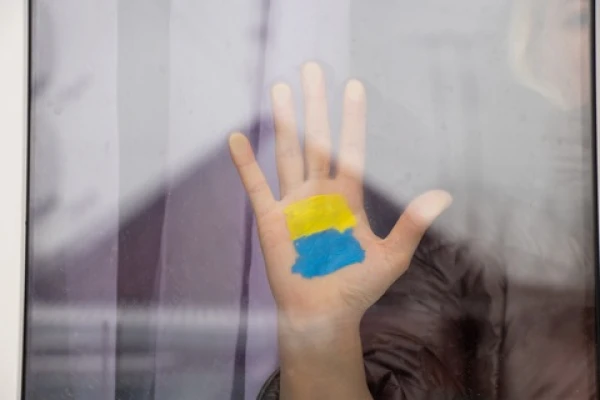
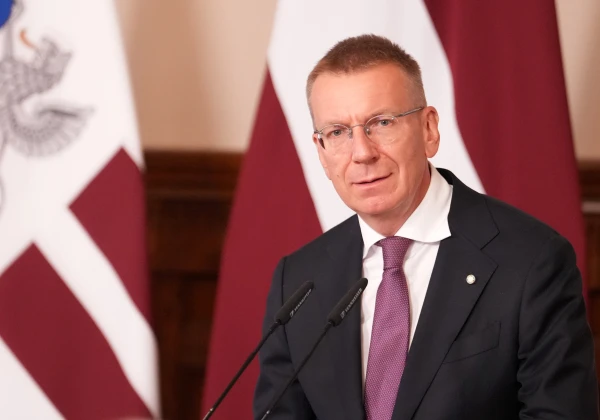

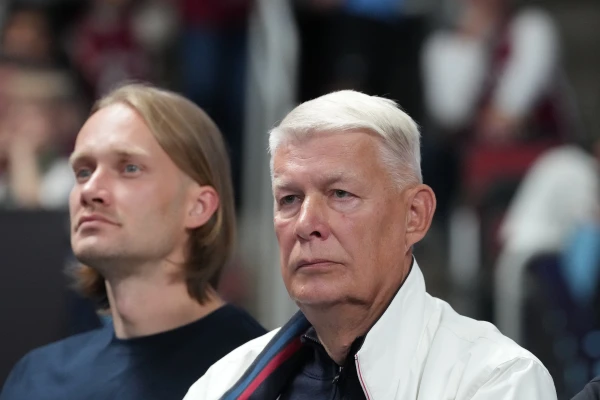
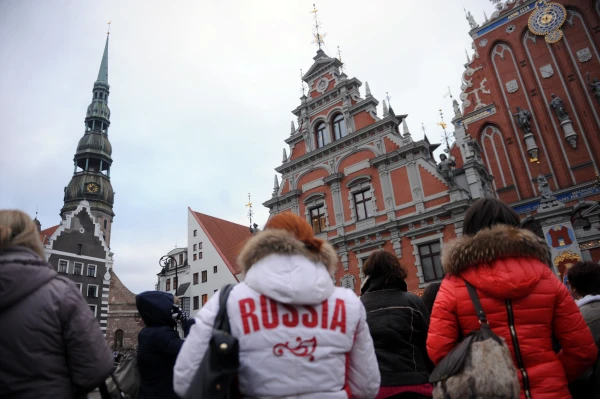
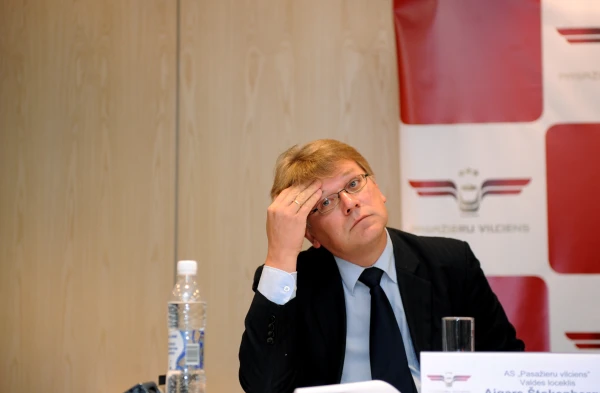
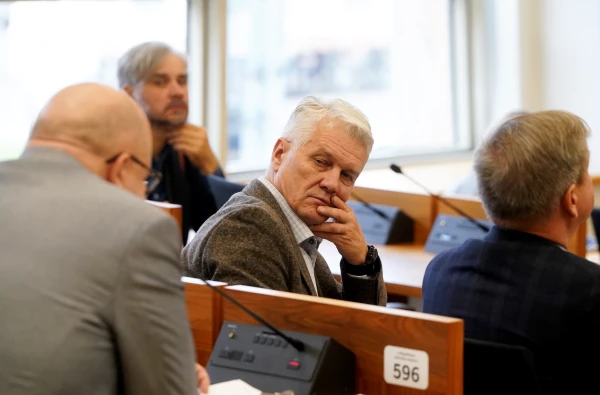
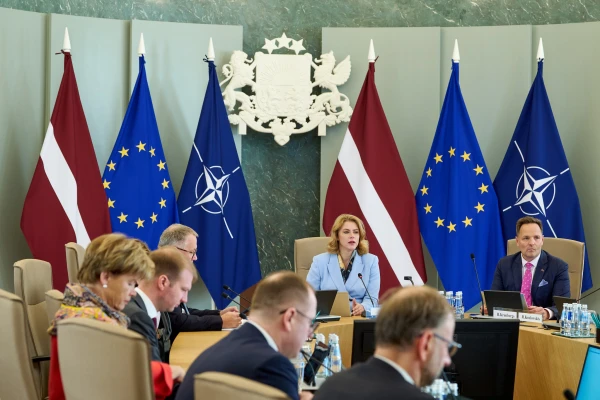
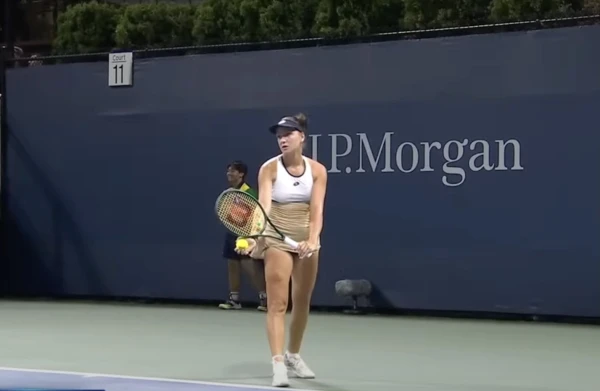



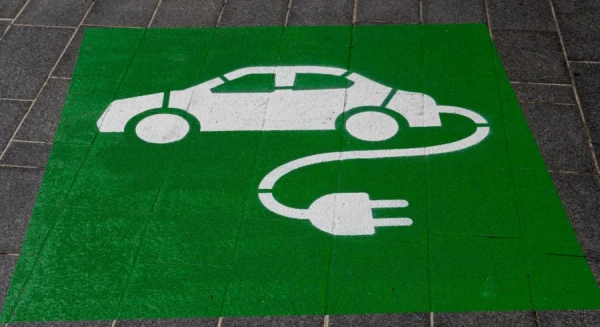
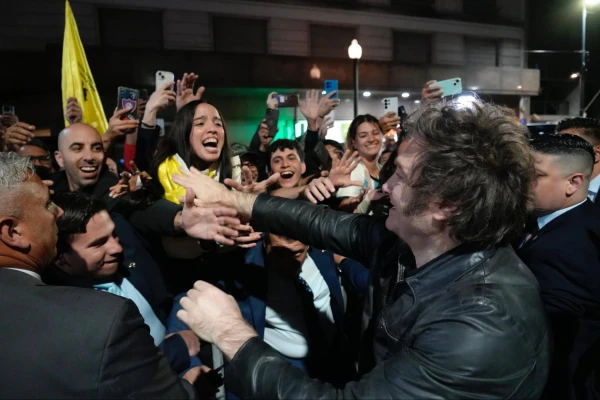
Leave a comment